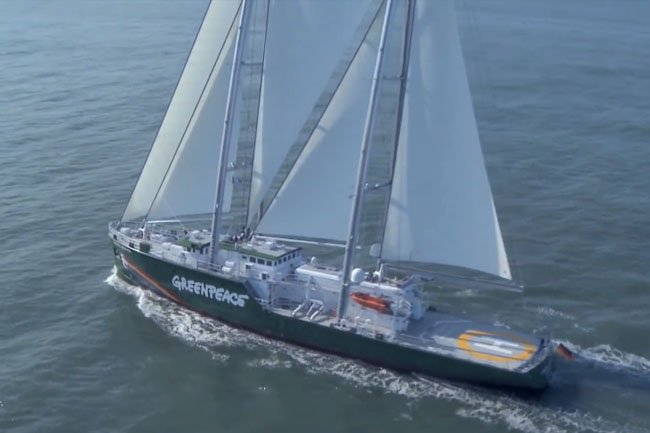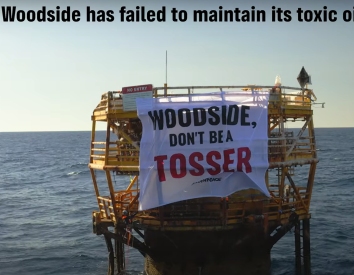The Albanese Government is determined to undo the Coalition's failure in keeping Australia up to speed with the rest of the world in electric vehicle policy, writes David Ritter.
IT IS NEVER a great feeling to be responsible for sorting out somebody else’s mess. But such is the lot of Chris Bowen and Catherine King, who – as the respective Energy and Transport Ministers in the Albanese Cabinet – hold the key roles in cleaning up the debacle of Australia’s lack of any serious Commonwealth policy to drive the electrification of our national passenger vehicle fleet.
New government ministers always face a bunch of challenges. After all, as UK researchers have pointed out, there is ‘no job description, no application, no interview and no tuition’ and yet suddenly a new minister finds themselves running a large and complex organisation — with the cameras pretty much constantly on them, evaluating their performance. For many of us, such a scenario may sound more like a nightmare than the achievement of some personal aspiration, but such is the lot of a new government minister.
The Australian Public Service Commission notes that ministerial transitions are particularly important in our democracy, not least because our Federal Parliament operates on the unusually short three-year electoral cycle.
As politics professor Patrick Weller observed more than a decade ago, for new ministers:
‘The first months are often better described as a continuing graduate seminar, combined with a program of defusing the mines left by their predecessors. Some make it; others struggle. Few are given any slack by the media or the new opposition, whose members, initially at least, have a better-detailed knowledge of the portfolio than the new ministers.’
When Weller was writing, though, there was still an assumption that the previous minister would have more or less tried to conform to certain conventions of how things are properly done. But this presumption could no longer be said to apply in relation to the Morrison Government.
One imagines that the transition from Morrison’s ministers (and no, I don’t just mean the secret ministries in to which the ex-PM secretly had himself sworn in) to those of the Albanese Government has involved a greater adjustment than most, because the previous outfit adopted such a destructive approach to norms of proper administration.
As governance expert Anne Tiernan has written, the Morrison Government was characterised by a list of ‘flagrant abuses of and disregard for traditions and conventions that have guided political practice in Australia’s Commonwealth’ that included:
...rorting and misuse of public funds, particularly through discretionary grants programs; a penchant for secrecy and brazen refusal to answer questions or conform to reasonable expectations of accountability to Parliament or in the media; and a failure to enforce the Ministerial or other Codes of Conduct or to concede accumulating evidence of widespread abuses of power with respect to public appointments, the independence of public sector agencies, statutory bodies and the like.
But it wasn’t just the ‘flagrant abuses’. It also appeared as if there was an underlying ideological contempt and scepticism about the very idea of effective government for the public good, which manifested in disregard for evidence or effort at serious policy development.
All of this is a long way of saying that the still newish set of Albanese Government ministers have experienced a set of unprecedented circumstances as they have gone about getting on top of their portfolios.
This brings us back to Chris Bowen and Catherine King, because national policy around the electrification of Australia's passenger vehicle fleet is a classic example of the endemic unseriousness of the Morrison Government about actually trying to solve real-world problems.
When it comes to EVs, Australia is stuck at the arse-end of the queue and needs to be brought up to speed with comparable countries. Rather than elaborating any sensible approach, the best that the Morrison Government was ever able to come up with was a set of half-baked ideas for change — that failed to include any fuel efficiency standard, which is the key policy measure to drive increased affordability and uptake of EVs.
The result is that nothing progressed and Australia languishes as the only country in the OECD apart from Russia without a national fuel efficiency standard. The consequence? Australia lagging behind the world in EV uptake, currently doomed to accept cars that are rejected by much of the rest of the planet, with appalling consequences for human health, air quality and rising greenhouse gas emissions.
Bowen and King know the challenge ahead, stating in a joint media release last year:
‘At 2 per cent, our uptake of new low-emissions vehicles is also nearly five times lower than the global average — national leadership is needed to ensure we don’t continue to be left behind.’
The process initiated by the Ministers to determine the new national policy settings remains underway.
The nation is now depending on Bowen and King to step on the EV accelerator and to get behind a national fuel efficiency standard, at least equivalent to that introduced by New Zealand, where electric vehicle uptake is powering ahead. Anything else and Australia will continue to trail behind, choking on our own exhaust, as the rest of the world cleanly zooms away.
David Ritter is the chief executive officer of Greenpeace Australia Pacific. You can follow David on Twitter @David_Ritter.
Related Articles
- Electric vehicle transition has huge health benefits
- Australian innovation could convert petrol engines to electric
- Australia lacks a fuel efficiency standard — you could make it happen
- Toyota tanks on clean cars while coasting on 'climate friendly' reputation
- Transitioning to electric vehicles — Australia is in for a shock
 This work is licensed under a Creative Commons Attribution-NonCommercial-NoDerivs 3.0 Australia License
This work is licensed under a Creative Commons Attribution-NonCommercial-NoDerivs 3.0 Australia License
Support independent journalism Subscribe to IA.















